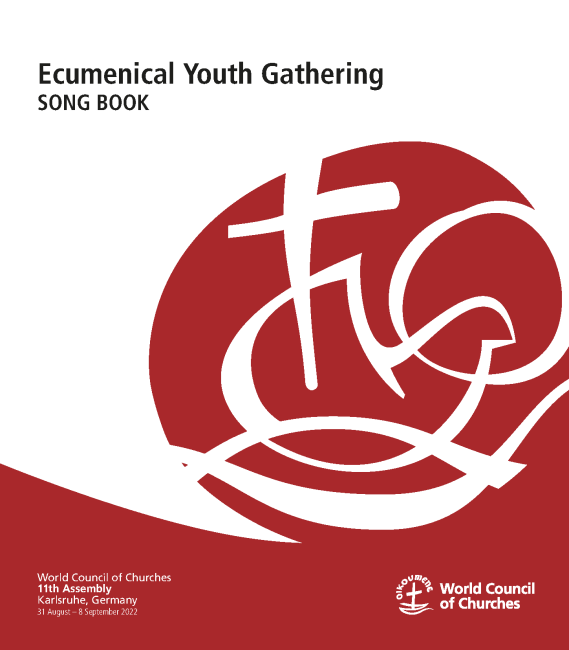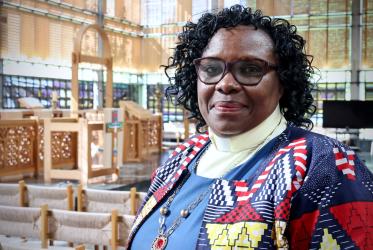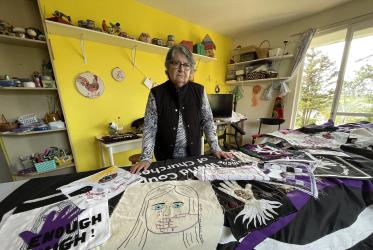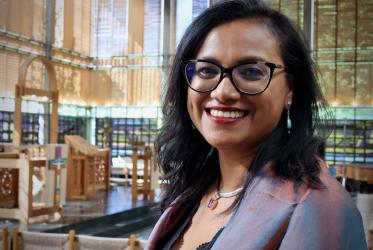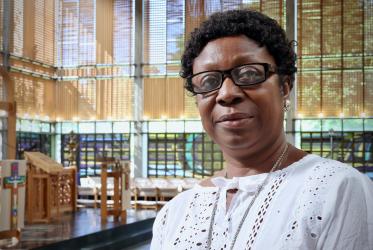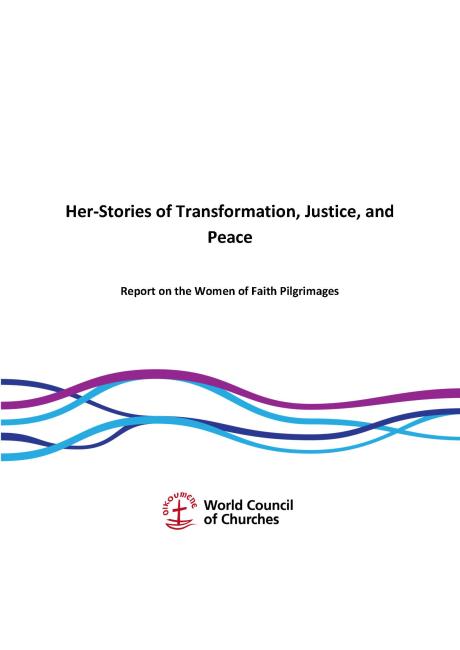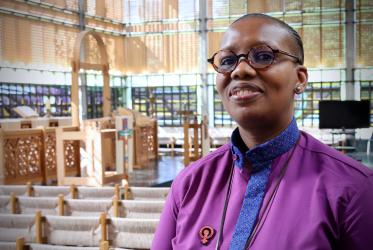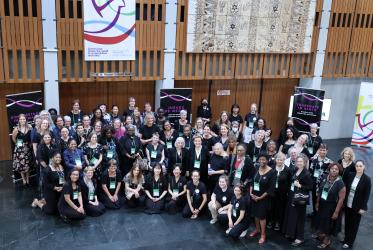Displaying 41 - 60 of 106
14 August 2022
Ecumenical International Youth Day 2022 Event Toolkit
Indigenous Youth and Land Rights Activism
14 August 2022
Rev. Edna Navaya: “We’ll be able to transform the church”
04 August 2022
Her-Stories of Transformation, Justice, and Peace PJP Series
Report on the Women of Faith Pilgrimages
11 July 2022
